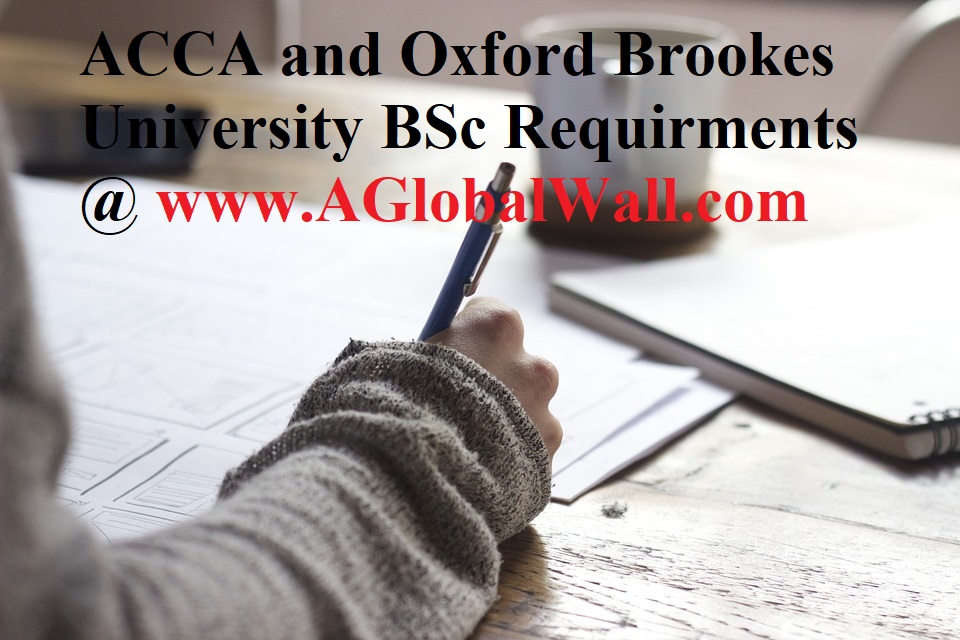ACCA Applied Skills Level March 2019 Exam Tips
ACCA Applied Skills Level March 2019 Exam Tips
Performance Management (PM) March 2019 Exam Tips
There is no longer any formal reading and planning time at the start of this exam. However, you are strongly advised to plan answers to section C before you start to write. Always ensure you make reference to the scenario in your answer. The exam will be approximately 40% calculation and 60% discussion, meaning it is not sufficient to be able to perform all if the calculations. Interpretations and application are crucial, especially in section C.
When it comes to sections A & B the best advice is to study all the areas of the syllabus.
- Areas expected to be tested in section C include:
- Budgetary systems.
- Planning & operational variances.
- Mixed and yield variances.
- Evaluation of the company performance (either as a whole or a divisional basis).
This paper is also called PM so maybe it would be wise to prepare to evaluate some performance!
Taxation (TX -UK) March 2019 Exam Tips
Expect at least a couple of the OTs to be devoted to the admin of income tax and corporation tax. That means you must be comfortable with :
- Due dates for payment of income tax (payment on account).
- Due dates for payment of corporation tax (installments).
- Filing dates for both taxes.
- Penalties and interest for late payments and returns.
Also, expect the following topics:
- VAT rules on registration, impairment loss (bad debt) relief, and SME schemes relating to cash accounting, annual accounting, and flat-rate schemes.
- Inheritance tax due on lifetime transfers both in the donor’s life and on death.
- Statutory residence tests for individuals.
- Identification of groups of companies for corporate tax loss reliefs and gains.
- Trading loss reliefs for both companies and sole traders.
Section B Qs will be similar to section A only longer!
At least 50% of your revision time has to be spent answering section C questions in the practice and revision kit to help build up confidence. Remember to learn your income tax and corporation tax pro formats. Calculations, which require no more than 2/3 entries into your calculator, can be included on the face of your pro formats (time apportioning a salary). More complex calculations (company car benefits) need separate workings, which are properly referenced (W1, W2, etc) and have a heading.
In both numerical and narrative answers leave plenty of space on the page. Well-spaced answers are easier to mark!
We know the 2 longest Qs will focus on income tax and corporation tax.
These are likely to include the following:
- Employment benefits.
- Property income.
- Relief for pension contributions.
- Adjustments to profit to arrive at trading income for both companies and sole traders.
- Capital allowance computations.
Financial Reporting (FR) March 2019 Exam Tips
Section A will include several Qs on consolidation and interpretation of financial statements. Expect a few Qs on non-core areas like inflation and specialized entities.
For section C one Q will cover interpretations and the other preparation of financial statements. One Q is likely to be in the context of a single company and one in the context of a group, so you could have a single company interpretation and a groups preparation or vice versa.
Accounts prep Qs may include extracts or stand-alone calculations or full statements of profit or loss and other comprehensive income and/or statement of financial position.
Both questions will cover the accounting for items from other areas of the syllabus.
There may be a short separate part with a statement of changes in equity, statement of cash flows extract, earnings per share calculation or linked written topic.
A consolidation Q would include one subsidiary and often an associate, with adjustments, eg fair values, deferred/contingent consideration, PUP on inventories/PPE, intragroup trading and balances, goods/cash in transit.
A single entity Q could be prep from a trial balance or restatement of given financial statements with the usual adjustments for depreciation, revaluation and current/deferred tax, plus a mix of adjustments on other syllabus areas (eg leases, substance over form issues, financial instruments, share issues, government grants, inventory valuation, revenue recognition or construction contracts).
Audit & Assurance (AA) March 2019 Exam Tips
In section A each mini-case will test single topic areas of the syllabus. That said expect section A to focus on syllabus areas A and E.
The majority of marks in the three questions in section B will test syllabus areas B, C and/or D.
Areas expected to be tested in questions 16 and 18 include:
- Audit planning.
- Audit risk (identification & explanation of audit risk from a scenario and explanation of the auditor’s response to each risk).
- Internal Audit.
- Internal controls (identification and explanation of deficiencies in internal control and the recommendation of suitable internal controls or description of tests of controls).
- Audit procedures (both substantive procedures and tests of controls).
Pay attention to the verbs used in the question as these indicate the marks available. For example, the verb ‘explain’ requires a sentence and will score one mark if properly explained. Whereas the verb ‘list’ simply requires you to list out information with no further explanation and will score 0.5 marks per point.
Financial Management (FM) March 2019 Exam Tips
In section A a good number of Qs will test your understanding of financial management and objectives (ratio analysis, the concept of shareholder wealth) as well as the economic environment and financial institutions topics (financial intermediation, fiscal and monetary policies). The efficient market hypothesis is likely to be tested here too.
In section B areas expected to be commonly tested are working capital management (operating cycle, the impact of a change in credit period or accepting a factor’s offer), business or security valuations (methods of valuation), and financial risk management (currency risk, interest rate risk).
The two section C questions will focus mainly on syllabus sections C, D and E. Section C is working capital management, section D is investment appraisal and is likely to feature NPV with inflation and tax. section E is business finance – either an evaluation of financing options (think interest coverage & gearing ratios) or a cost of capital and analysis.
Information Source: PQMag







